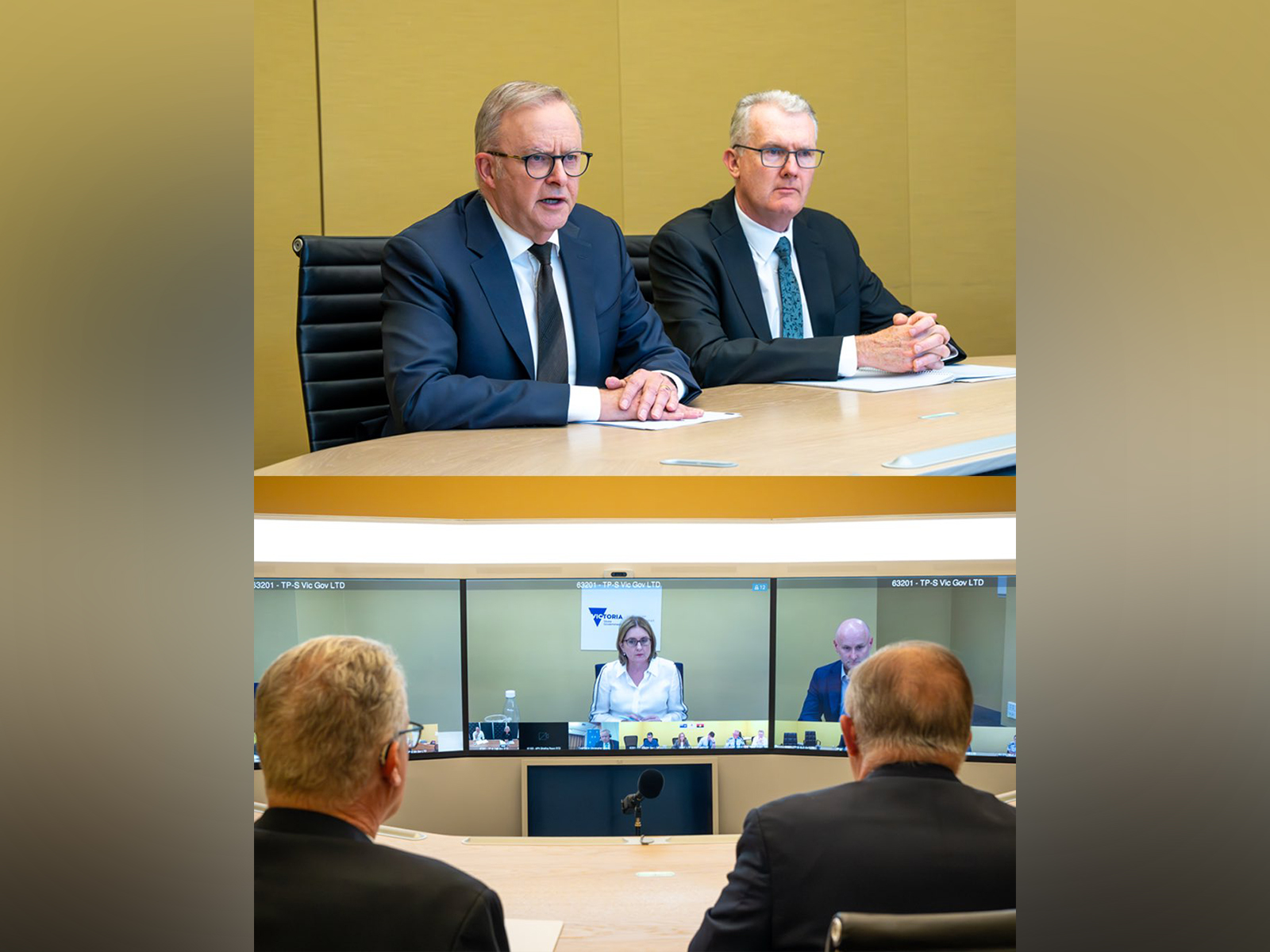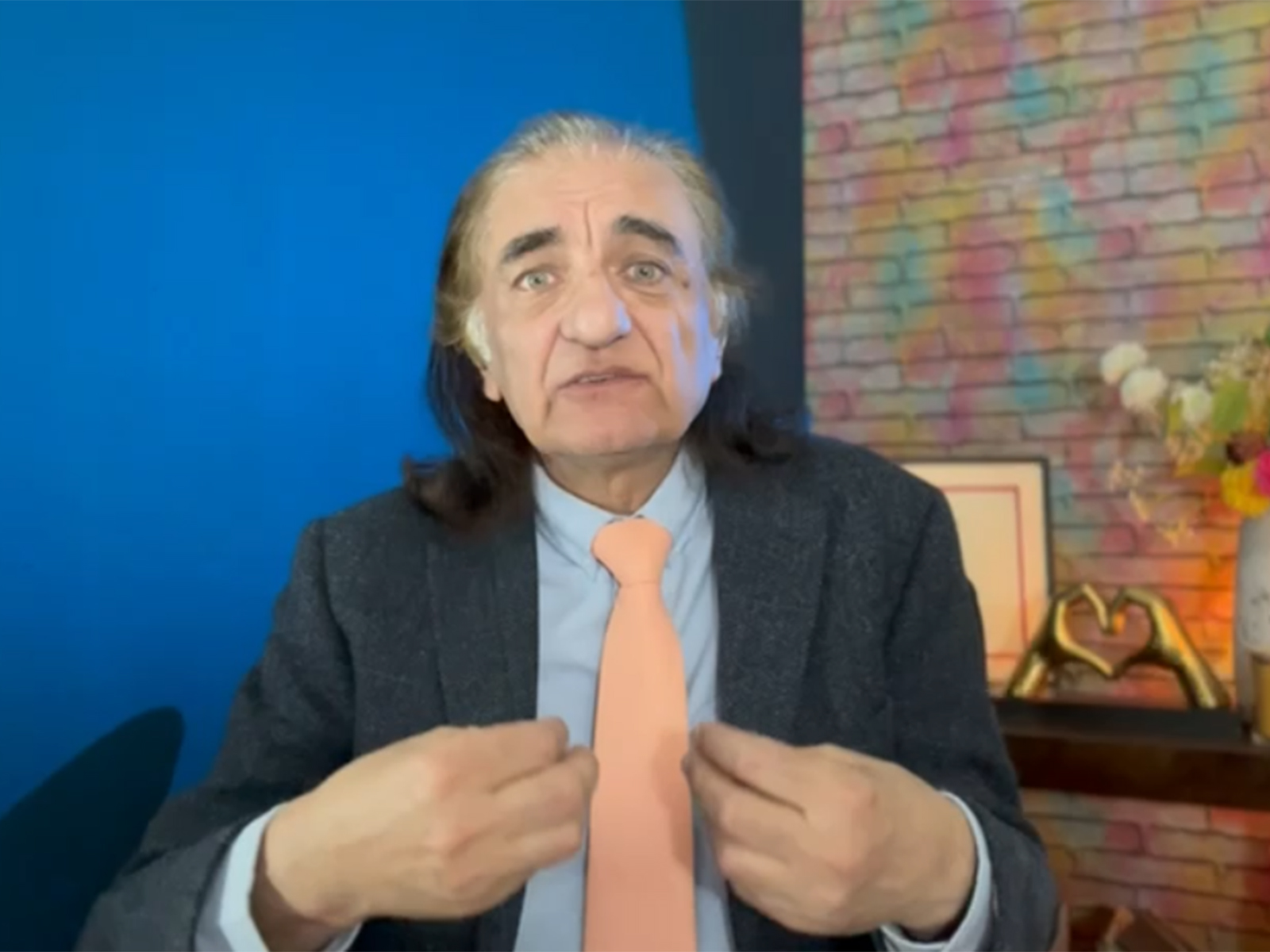Taiwan: President-elect Lai may express 'goodwill' towards China in inaugural address
May 12, 2024

Taipei [Taiwan], May 13 : President-elect, Lai Ching-te, is expected to deliver a "goodwill" message towards China in his inaugural address on May 20 to further cross-strait talks, Taiwan News reported, citing Central News Agency.
Many leading politicians of the ruling Democratic Progressive Party (DPP) believe that the tone of Lai's speech will be 'conciliatory' towards Beijing.
DPP caucus secretary-general, Wu Su-yao, said she expects Lai to make breakthroughs in cross-strait relations.
In a recent interview, Wu expressed confidence that Lai would choose a steady tone for his inauguration speech and respond to three topics: democracy and peace; innovation and prosperity; and justice and sustainability.
Wu said Lai would follow outgoing President Tsai Ing-wen in democratic achievements and policies on cross-strait and international relations.
Kuomintang Legislator Hsu Yu-Chen also affirmed hope that Lai would show goodwill, strengthen dialogue, and reduce hostilities with China.
Hsu said the DPP has traditionally campaigned on three themes: "Taiwan independence, abolition of nuclear weapons, and abolition of the death penalty," Taiwan News reported.
Hsu said these unresolved issues have led to constitutional chaos, aggravated the national security crisis, and increased social unrest. Hsu hoped that Lai would not mention these issues in his inaugural address and instead highlight unifying topics such as economic development and Taiwan's future.
He further called on Lai to improve cross-strait relations, such as lifting the ban on Chinese tour groups, allowing tourism to return to normal, conducting bilateral dialogue, reducing hostilities, and avoiding war.
Lai has finished writing his inauguration speech, with the domestic portion focusing on uniting citizens, transforming the economy, and energy policy. In terms of cross-strait relations, Lai is expected to continue the DPP's policy of maintaining the status quo.
Notably, since Tsai and the Democratic Progressive Party (DPP) came to power in 2016, formal communications between China and Taiwan have been largely frozen, due to Beijing conditioning them on the DPP's acceptance of the '1992 consensus', according to Focus Taiwan.
The 1992 consensus is a tacit understanding between the then KMT-led Taiwan government and the Chinese government in 1992.
It has been consistently interpreted by the KMT as an acknowledgement by both sides that there is only "one China," with each side free to interpret what "China" means. Beijing, however, has never publicly recognised the second part of the KMT interpretation, the report added.
However, the DPP -- party from which both Tsai and Lai belong -- has never acknowledged the '1992 consensus' arguing that Beijing does not recognise the Republic of Taiwan (China) and that acceptance of the consensus would imply agreement with China's claim over Taiwan.



















